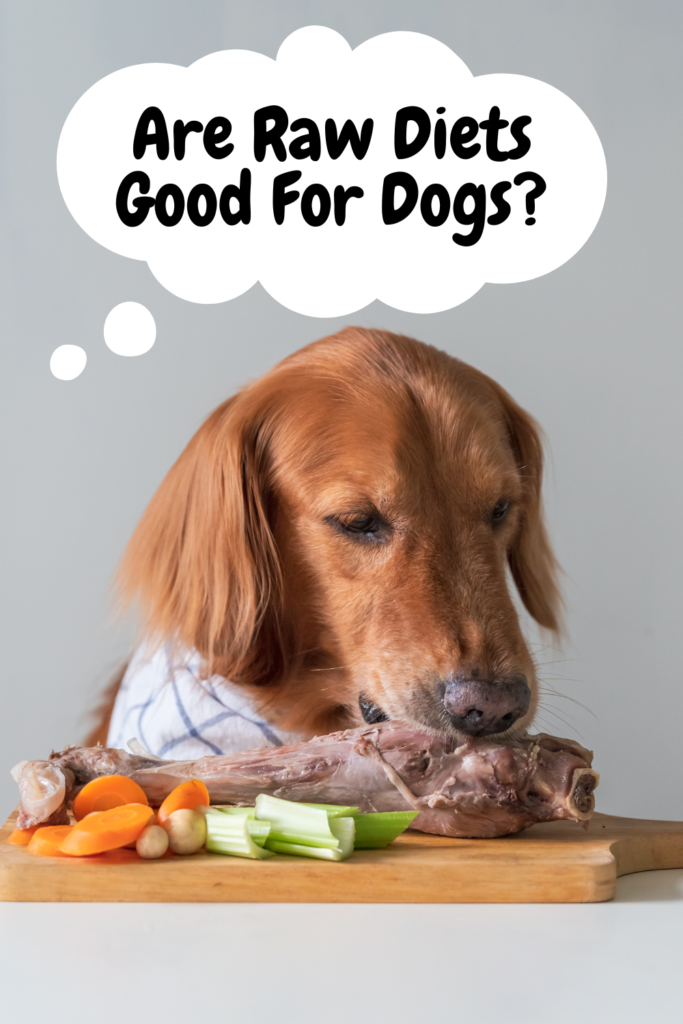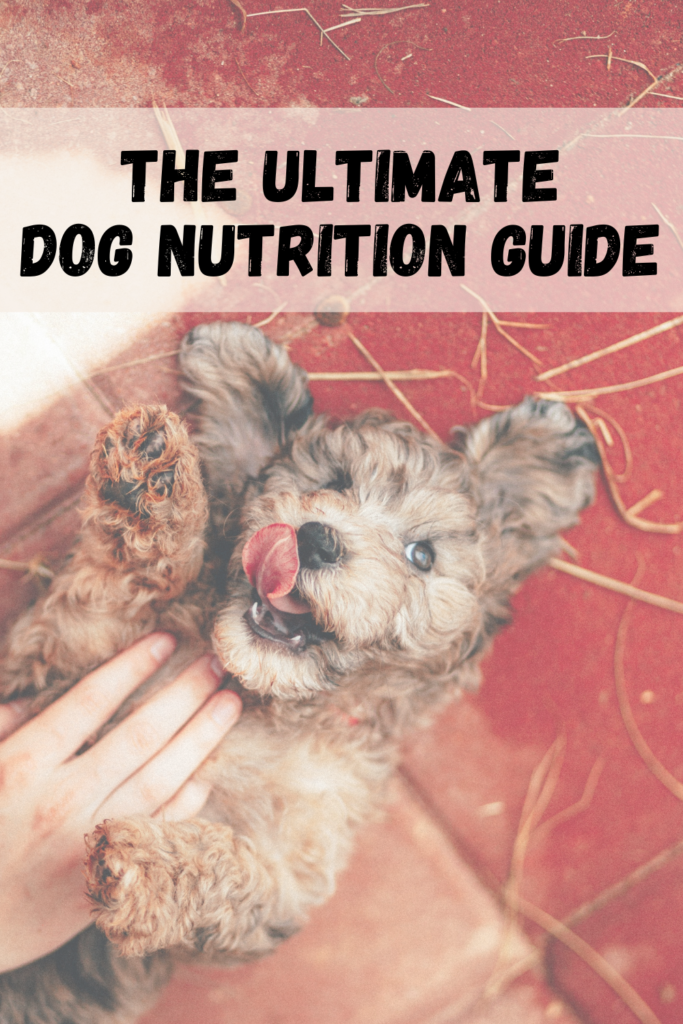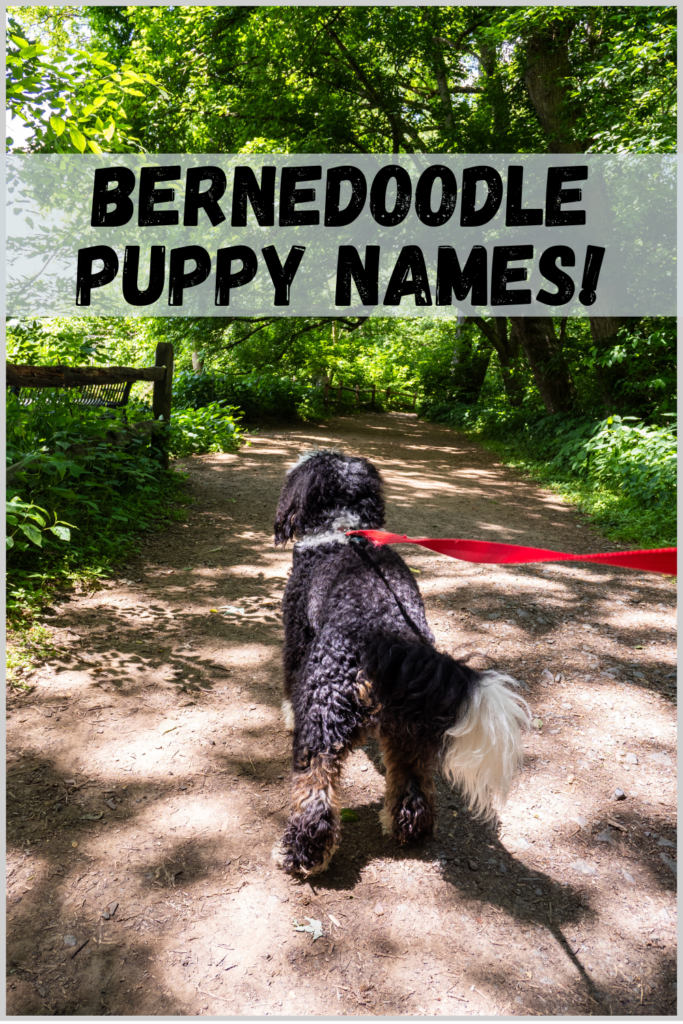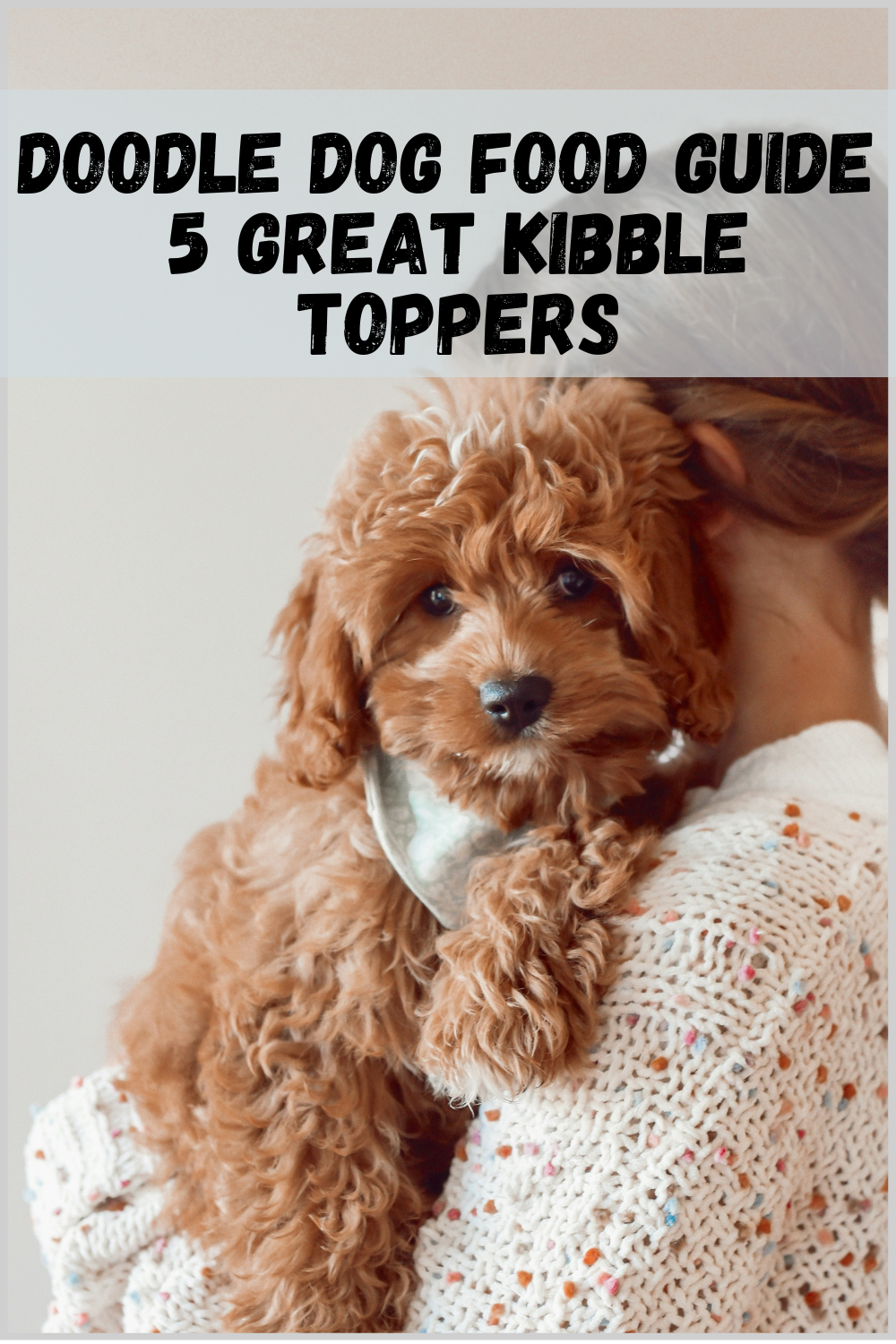
Doodle Dog Food Guide: 5 Great Kibble Toppers
Are you planning on adding a doodle to your family? If so, this doodle dog food guide on kibble toppers will ensure your pup gets all of the nutrients they need!
From crate training to basic training to what food they’re going to eat, there is a lot to cover! We’ve got the nutrition part covered. Finding the right kibble is one thing, but adding the right supplements is what will keep your furry friend happy and healthy.
As always, we strive to bring you up-to-date, research-based information on dog diet, health, and nutrition to give your best friend the long life they deserve.
This article will be a part of the Doodle dog food guide, specifically on 5 kibble toppers guaranteed to boost their nutrition and health.
What are Doodles?
Doodles, though not an official AKC breed, are taking over popularity! A doodle is a broad term for a mixed breed between a poodle and another breed. Some common ones are the goldendoodle, bernedoodle, sheepadoodle, to name a few.
Doodles are becoming more popular for many reasons. They shed less and have the most beautiful curly/wavy hair. They are extremely intelligent and have huge personalities! Moreover, they have great temperaments and are overall amazing doggos!
However, this does not mean they are low maintenance. They need a lot of grooming, maintenance, and proper nutrition for optimal health and wellness. Since nutrition plays such a big role in their health, let’s discuss how we can boost their nutrition and diet for positive change.
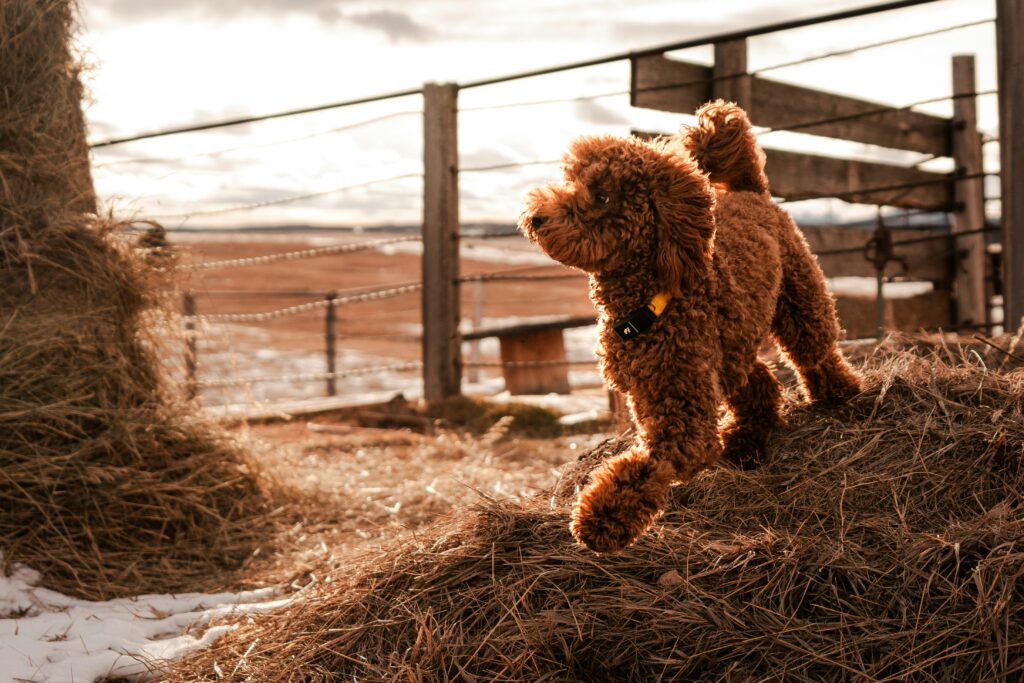
5 Essential Food Toppers
Omega-3 Fatty Acids
Kibble and other dog foods on the market are regulated by the Association of American Feed Control Officials (AAFCO), however, their guidelines miss some important ingredients. For one, there are no minimum requirements for Omega-3 fatty acids.
You should add a source of omega-3 fatty acids! They are known to help with skin and coat health, as well as act as an anti-inflammatory agent. Doodles, prone to both skin infections and joint pain, should therefore have Omega-3 fatty acids in their diet.
Omega-3 Fatty Acid’s Top Recommended Supplements:
Native Pet Omega 3 Fish Oil To Support Skin & Coat Health Dog Supplement ($14.99)
Fera Pets Fish Oil for Dog and Cat with DHA, EPA, Vitamin E and Omega-3 Fatty Acids ($36)
Omega-3 Fatty Acid Filled Foods: any fish like salmon, sardines, anchovies
Probiotics
There’s been so much talk about our gut microbiome and now our dog’s gut microbiome. It’s hard not to wonder whether this is all a marketing scam or if your dog’s microbiome should be something to worry about. Though it has not been researched enough, there are studies to show that introducing probiotics can help with GI diseases like acute and chronic diarrhea in your dog. If your furry friend has a sensitive stomach or even just gets the occasional diarrhea, introducing a probiotic can do wonders for their GI issues.
Top Recommended Probiotic Supplements:
Native Pet Vet-Formulated Probiotic & Prebiotic Digestive Issues Powder Supplement for Dogs ($14.99)
Good Probiotic Filled Foods: yogurt, kefir, pumpkin, sweet potatoes
Joint Supplement
Poodles are genetically predisposed to getting hip dysplasia, among other joint issues. This means taking preventative measures is important. This entails a combination of proper exercise, proper diet, and a good joint supplement that will keep them running for many years to come. There are a few well-studied ingredients you want to see when looking for a proper joint supplement: glucosamine and chondroitin. Note that these ingredients are not proven to reduce pain, but to help with joint regrowth and regeneration. Omega-3 fatty acids (the anti-inflammatory agent talked about earlier) and green lipid mussels seem to help as anti-inflammatory agents and lubricate the joints.
Top Recommendations for Joint Supplements:
MYOS Canine Muscle & Joint Formula with Fortetropin & Green-Lipped Mussel Supplement ($54.99)
Good foods filled with joint health ingredients: salmon, sweet potatoes, green-lipped mussels
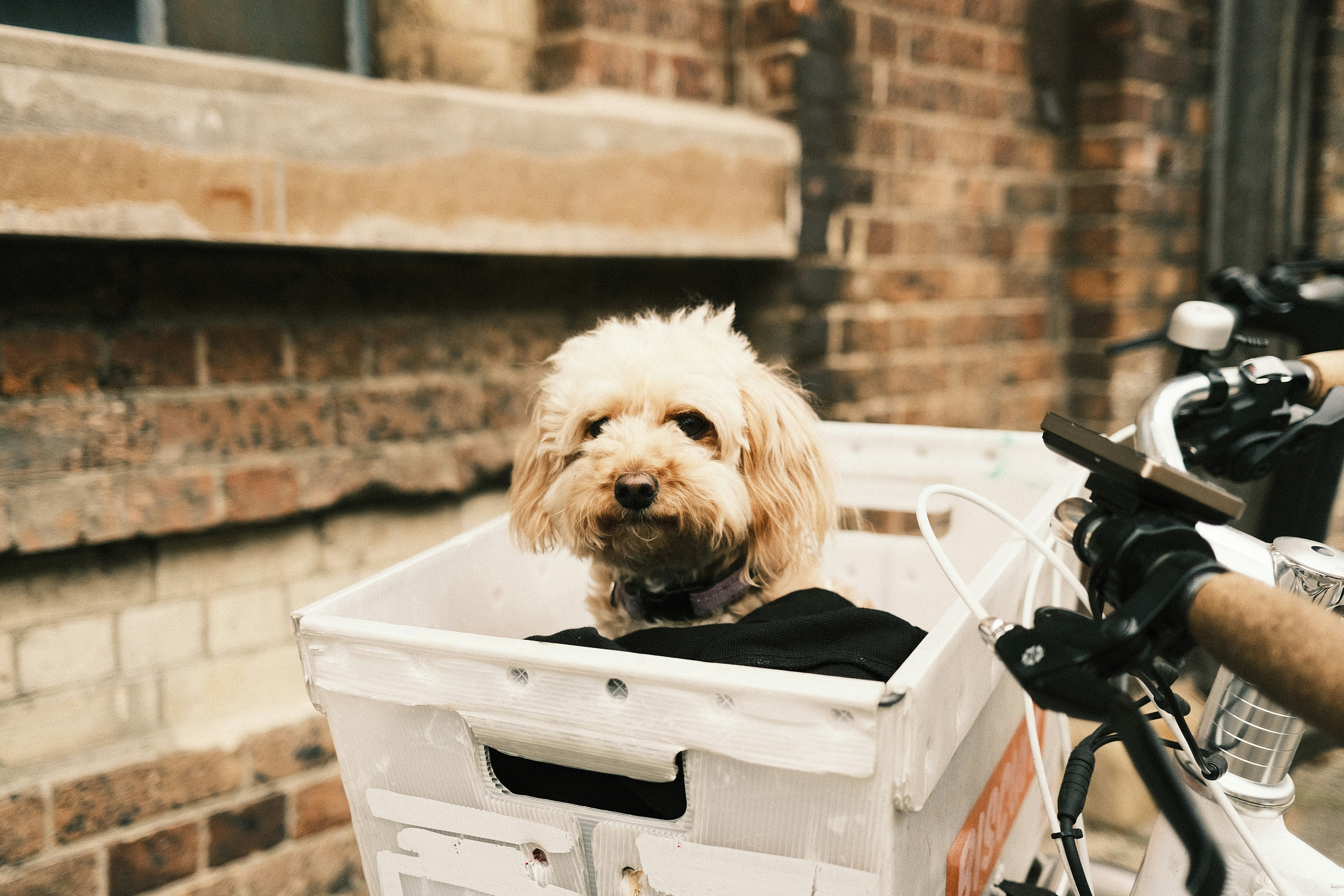
Eggs
Eggs are considered to be multivitamins for dogs. It doesn’t matter what type of eggs it is, for example, chicken or quail eggs. They do not need them every day and can be given either cooked or raw (Yes, their stomachs can handle raw food and kibble together). However, if you’re doodle has a sensitive stomach, make sure to incorporate probiotics as well when giving eggs.
Extra Protein
Additional protein can be a great, delicious kibble topper for your doodle! The world is your oyster, you can add anything from chicken to beef liver. Unless you feed your pup a BARF or other raw diet (and know all the nuances to it), always cook the extra protein by boiling or cooking it with coconut oil and no seasoning. Adding additional protein is rarely an issue unless your pup has pre-existing health problems that restrict their protein intake. Other than that, your dog needs lots of protein anyway, it’s good for them!

Common Questions, Tips & Tricks
Make Enough Room for Kibble Toppers
If you are adding extra protein, eggs, and yogurt into their meal every day, the calories do start to add up. If you are adding kibble toppers, make sure it is no more than 10% of their meal. This can be eyeballed, but if you start noticing extra weight gain around their ribs, it’s time to dial back.
What Kibble You Choose Is Important
What dry food you give your dog is important as well. That is the base of their nutrition, and as best as you can, should be made of high-quality ingredients and less of the bad stuff. Make sure to choose the right one!
However, know that once you’ve picked a dog food, it does not mean you need to stick with that brand or dry dog food for the rest of their life. Their needs and health change as they age, so don’t be afraid to change their dog food as needed. Just make sure to take the transition between foods carefully and slowly.
Monitor For Allergies
Doodles are lovely in so many ways, but one thing that can sometimes become a challenge is allergies to specific foods. They tend to have issues with common dog food ingredients, like chicken and wheat.
If you are introducing a new food or new kibble toppers, monitor closely for symptoms like excessive itching, licking of the paws, diarrhea, vomiting, excessive ear shaking, and/or ear infections.
If you notice any signs of a food allergy, go to your vet to get this confirmed. They might recommend you start an elimination diet to figure out what exactly they are allergic to.
This is not something to be delayed and finding a fix can be the difference between night and day for their daily living.
Watch For Any Behavioral Changes
When you add new foods, always make sure to watch for any behavioral changes, good or bad! If things are going well, you might see an increase in energy. If for some reason there are concerning behaviors that arise, always talk to your vet. Your pup might be allergic to something or other underlying health issues. Watch for weight gain or weight loss, and adjust accordingly.
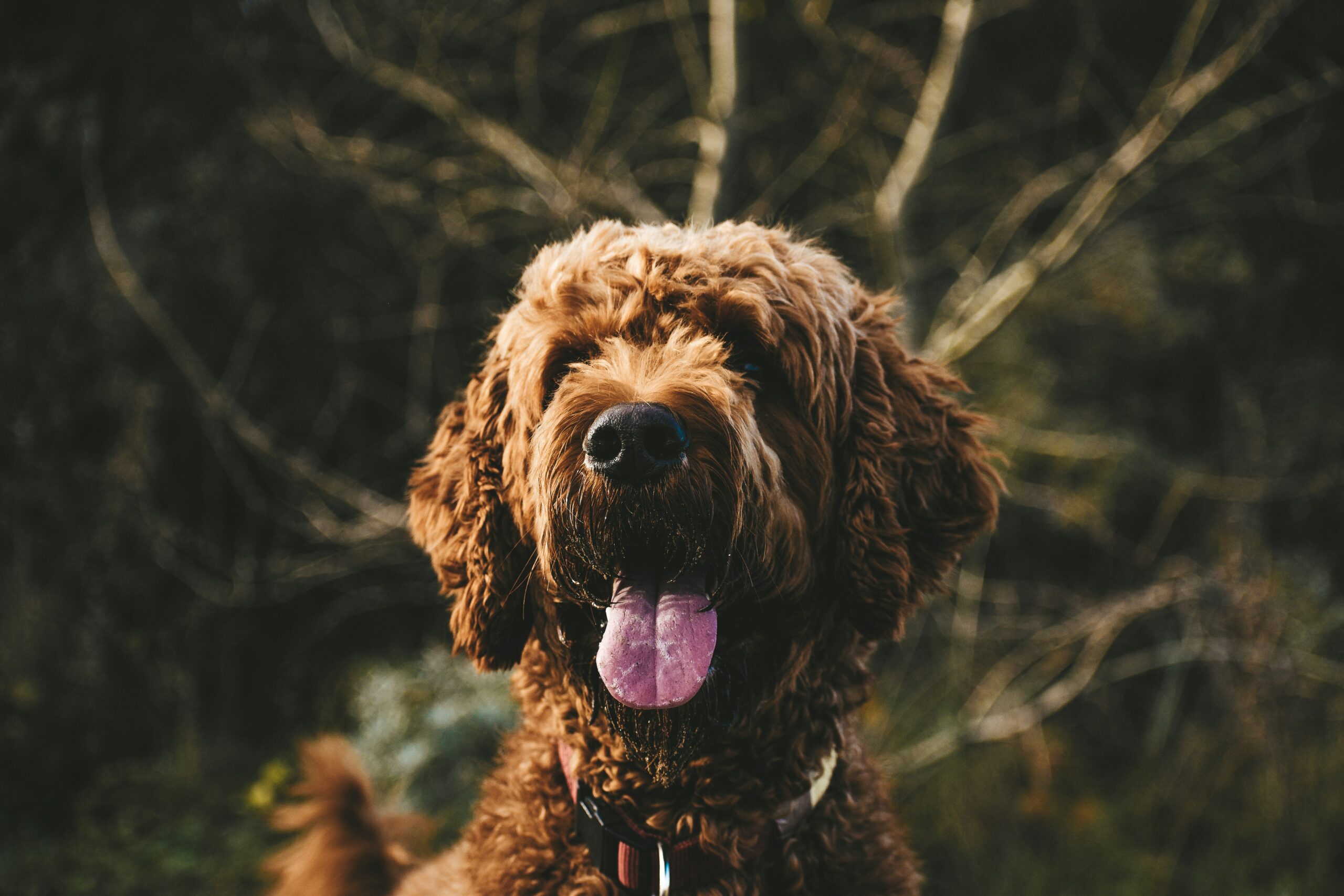
Conclusion
Your doodle needs specific nutrients to help them not only survive but thrive. Hopefully, this doodle dog food guide on kibble toppers help to create a more balanced diet for your furry friend! Let us know below if you tried any of the supplements and most importantly, tell us if your pup loves their food more. Enjoy!

